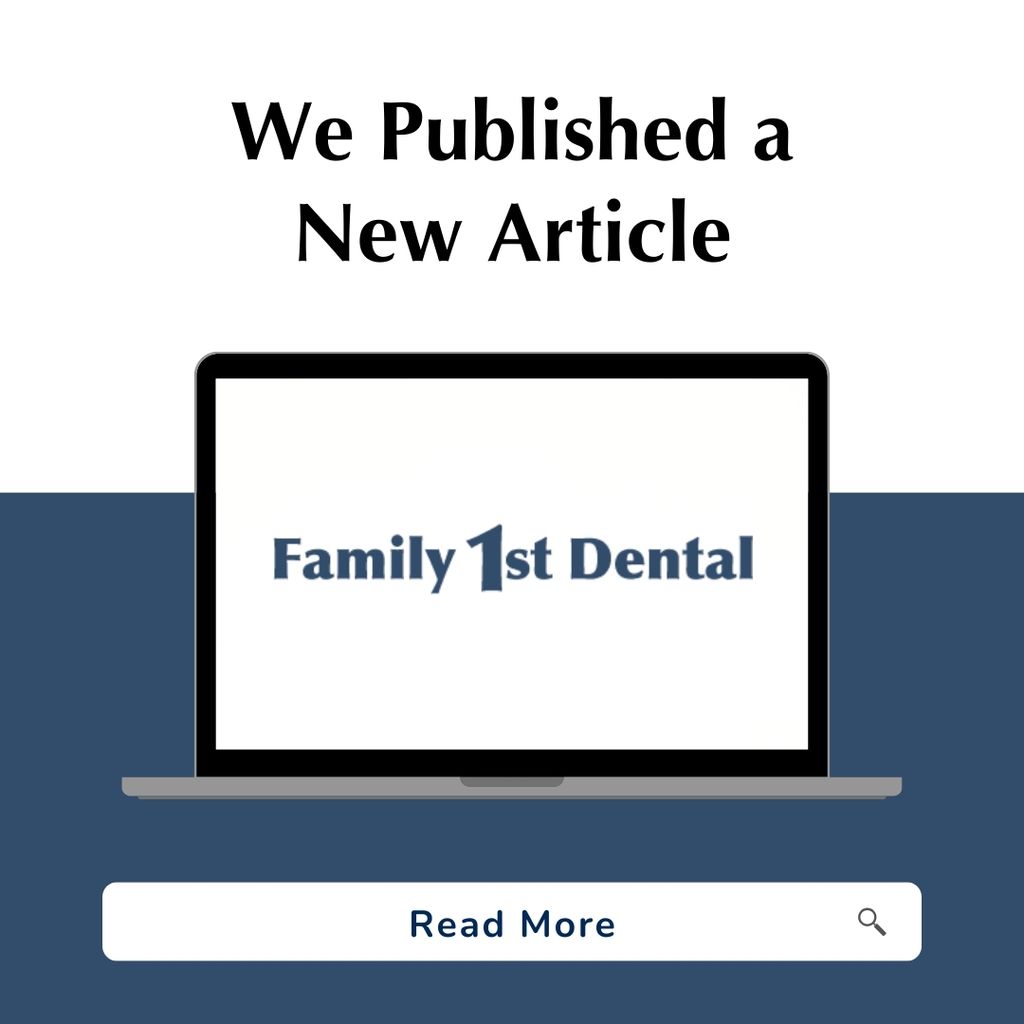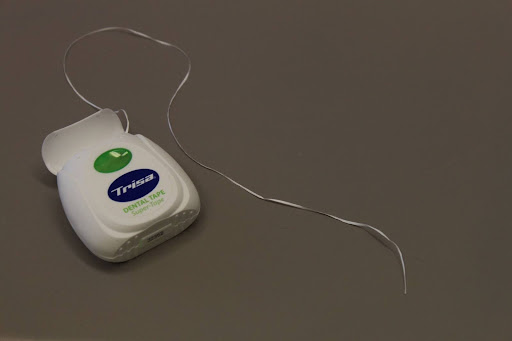
It happens to the best of us. You’re enjoying a tasty treat when suddenly, there it is—a little piece of your tooth, chipped away. Don’t fret! While enamel is incredibly tough, it’s not invincible. Whether it’s crunching on ice or grinding your teeth, accidents happen. But fear not; at Family 1st Dental in Wayne, we’ve got you covered with solutions to restore your smile.
Tooth Bonding
Tooth bonding is a versatile solution for repairing chipped teeth. It’s a straightforward procedure that doesn’t require numbing. Using natural-colored bonding materials, our skilled dentist in Wayne can seamlessly restore the appearance of your tooth. Your smile will look as good as new, and no one will even notice you had a chip in the first place.
Dental Crown
A dental crown is like a protective cap for your tooth, enhancing both its appearance and strength. Our AACD-certified dentist may recommend a tooth-colored crown made from porcelain or zirconia, ensuring a seamless blend with your natural teeth. For minor chips, a partial crown might suffice, providing the durability needed for everyday use.
Porcelain Veneers
Porcelain veneers consist of thin ceramic layers bonded to your teeth, effectively replacing the damaged enamel. These veneers are customized to match the shape and color of your natural teeth, offering a flawless restoration for your chipped tooth.
If you’re dealing with a chipped tooth and want to explore these restoration options further, don’t hesitate to reach out to Family 1st Dental in Wayne. Our team is ready to provide you with expert guidance and personalized solutions to restore your smile to its former glory. Contact our office today to schedule a consultation and take the first step towards a confident, beautiful smile.














